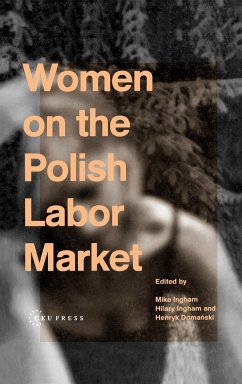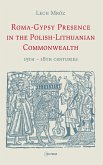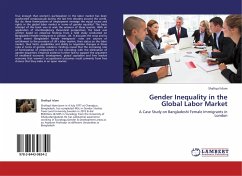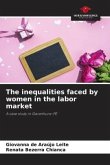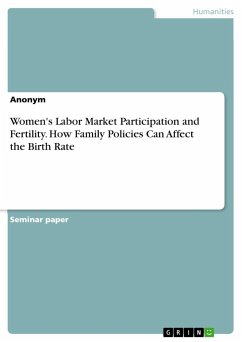Can women succeed? Is women's work appreciated equally to men's? Do women's salaries reflect the quality and quantity of work they do? Does gender make a difference? These questions, which often emerge even in democratic societies and free-market economies, are much more acute in the new democracies of Central and Eastern Europe. Gender has been an issue thus far neglected in transition economies. Drawing on official statistics, an international multidisciplinary team of sociologists, economists, demographers and geographers examines how women have been affected by the labor market reforms in Poland in the transition period of the 1990s. The issues discussed include occupational segregation, the social mobility of women, demographic change, the power and participation of women in public life, women's organizations, and labor market reform.

